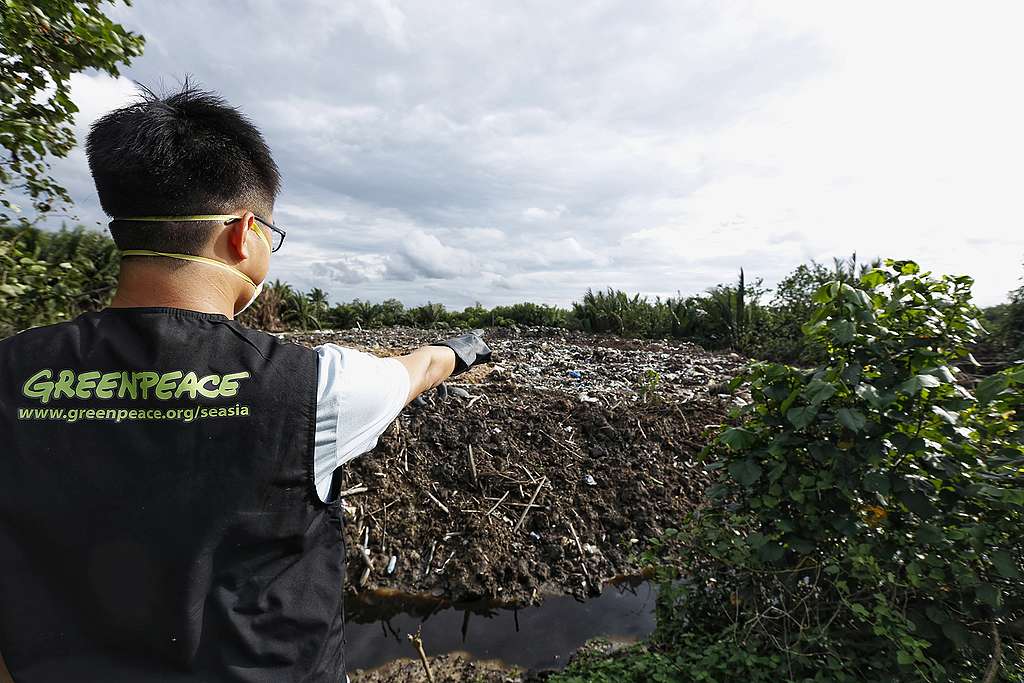I hope you and your family are keeping well during these challenging times. As I cast my mind back to the first lockdown period we experienced, I remember marine species returning to our coastlines and birds and other wildlife enjoying urban areas in the absence of traffic and the bustle of people. A beautiful and encouraging reminder that nature can repair itself if we give it the chance. But yesterday evening, rearranging bottles and trays in the recycling bin in an attempt to close the lid, I also remembered playing a similar recycling bin Tetris last year.
Now, I may or may not have forgotten to take the bin out on the day it was supposed to be collected and it may or may not have been my turn, so I have been careful not to complain too loudly about the issue in the house. This is not the point. The point is that last year I found comfort that at least the bin I was struggling to close was the recycling bin, and not general waste, so the excessive packaging and needless plastics would be recycled and reused and do no further damage to the environment. At least the council had provided a recycling bin, so I can feel better about the packaging, bottles, wraps, trays and sachets which embarrassingly start to pile up at the end of the week.
At least the plastic waste in our recycling bins is dealt with efficiently and effectively so it doesn’t end up in landfill, in our oceans and on our beaches.
Or is it?
Recycling is not the answer to plastic waste
There is no comprehensive recycling scheme for plastic waste in New Zealand. 46,000 tonnes of New Zealand’s plastic waste are shipped overseas every year to countries like Thailand and Malaysia. Thailand is the tenth largest contributor to plastics recovered from the ocean and poor waste management is among the reasons cited for this. A Greenpeace investigation back in 2018 showed that much of NZ’s ‘recycled’ plastic waste was being sent to countries like Indonesia, Malaysia and Thailand where it was often ending up in illegal dumpsites or being burned with dire consequences for the health of people in the local communities, and for the environment.
Recent data obtained this year from Statistics NZ has shown little has changed. New Zealand is still treating Malaysia, Thailand and Indonesia as dumping grounds for our plastic problem.
It is not as if New Zealand is a benevolent provider of cheap plastic to countries with the infrastructure to make some good out of a material that has been so devastatingly damaging to our earth in the blink of an eye it has been in circulation. A lot of this plastic waste is dumped, goes to landfill or finds its way back into their local communities and back into our oceans. Until we can put enough pressure onto companies like Coca-Cola, who produce the most plastic bottles globally and in New Zealand, and onto our government to cut off the production of toxic plastic packaging at its source, this problem won’t go away.
Whilst we diligently wash out our old containers and packaging to be recycled, the government is being seen to address a problem without actually addressing it, and palming off the responsibility onto South East Asian countries. This cannot continue.
Sign our petition to ban waste export
The recent moves by the Labour Government to eliminate some unnecessary single-use plastics is welcome, but it doesn’t go nearly far enough until it includes single-use plastic bottles.
Sign our petition calling for a ban on single-use plastic drink bottles

Sign on now to call for a ban on plastic waste exports from New Zealand
Take Action


